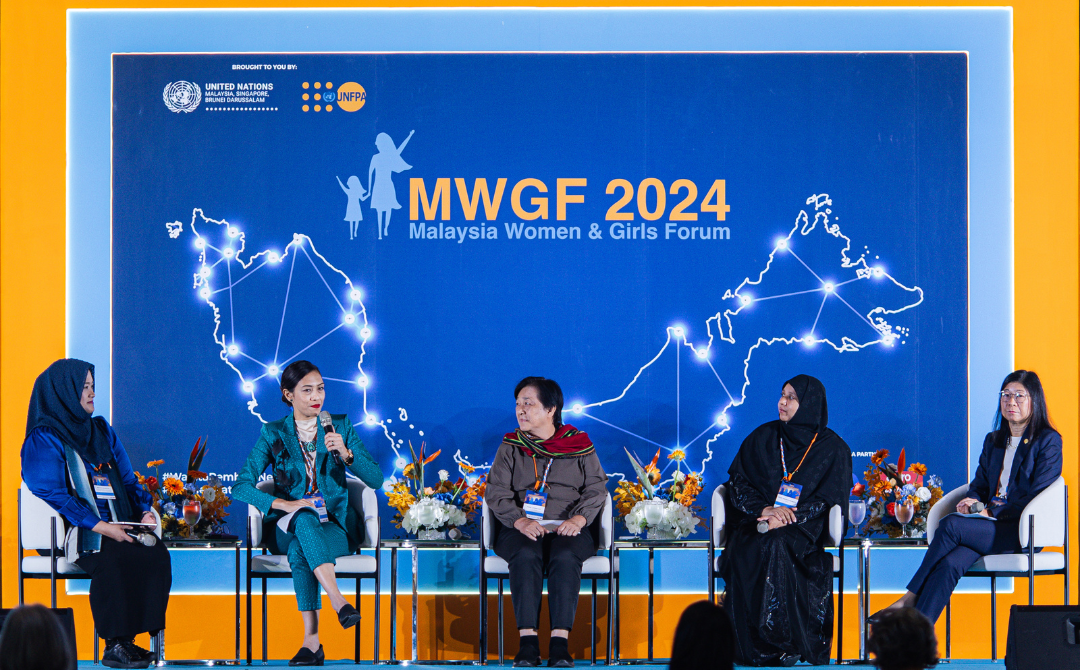SHAH ALAM – A thriving workforce requires not only individual drive but also a strong support system that fosters empowerment and inclusivity for women.
Success in the professional arena is deeply tied to the presence of a supportive spouse, the breaking of cultural barriers and an ecosystem that champions gender equality and dignity.
Senator Datuk Seri Dr Zurainah Musa highlighted the significance of women standing their ground in their quest for equality and success.
"Women must be encouraged to go out there, work and pursue what they want to do. Don't be afraid to take that one step out of your comfort zone to live the life you truly desire.
"To live with dignity, you need finances under your own name, not just relying on your husband to provide.
"Work, and if necessary, become an entrepreneur to achieve independence," she said during the Malaysia Women and Girls Forum (MWGF) 2024, held last week.
Themed "Women and Nation Building: The Foundation for Diversity, Equity and Inclusion," the forum, organised by the United Nations and UNFPA Malaysia, gathered policymakers, academics, youth and civil society representatives to address gender equality.
She called for women to assert their goals and seek mutual support from their partners.
She also emphasised that standing up for themselves and fostering equality within families was crucial.
Breaking traditional norms, she added, required both courage and self-belief.
"Don’t just remain trapped in cultural expectations. Take time for yourself. Have a day with friends or family and let your husband take care of the kids. We need to foster gender equality starting in our homes," she said.
Zurainah also spoke about her three focus areas in Parliament: gender equality, education and economic empowerment.
She explained how she led by example, earning her PhD despite managing multiple roles as a mother of five, a politician and a businesswoman.
"It is crucial to show that women can balance their priorities and achieve their dreams," she added.
On the economic front, she advocated for shared responsibilities in households, such as cooking, which she described as a way to plant the seeds of equality among children and families.
Meanwhile, Deputy Communications Minister Teo Nie Ching expressed concerns about the low female labour participation rate in Malaysia, which currently stood at approximately 55 per cent.
She said this figure was disproportionately low compared to the growing number of women in higher education, where women outnumbered men in enrolment.
"We must strive for at least 65 per cent female labour participation as a starting point. It’s vital to identify and address barriers preventing women from joining the workforce," Teo said.
She noted that childcare and eldercare responsibilities were traditionally shouldered by women, often hindering their professional ambitions.
Teo called for government-led initiatives to develop childcare services and caregiving policies, ensuring that these responsibilities did not fall solely on women.
"The care industry needs more systemic support. As a government, we must ensure that women have an ecosystem that would allow them to pursue their careers and contribute to the economy," she added.
Teo acknowledged the validity of personal choices, such as being a full-time housewife or househusband, but stressed the importance of creating opportunities for women who wish to join the workforce.
She pointed out the need to respect all choices while ensuring that women who wanted to work receive the necessary support to thrive.


